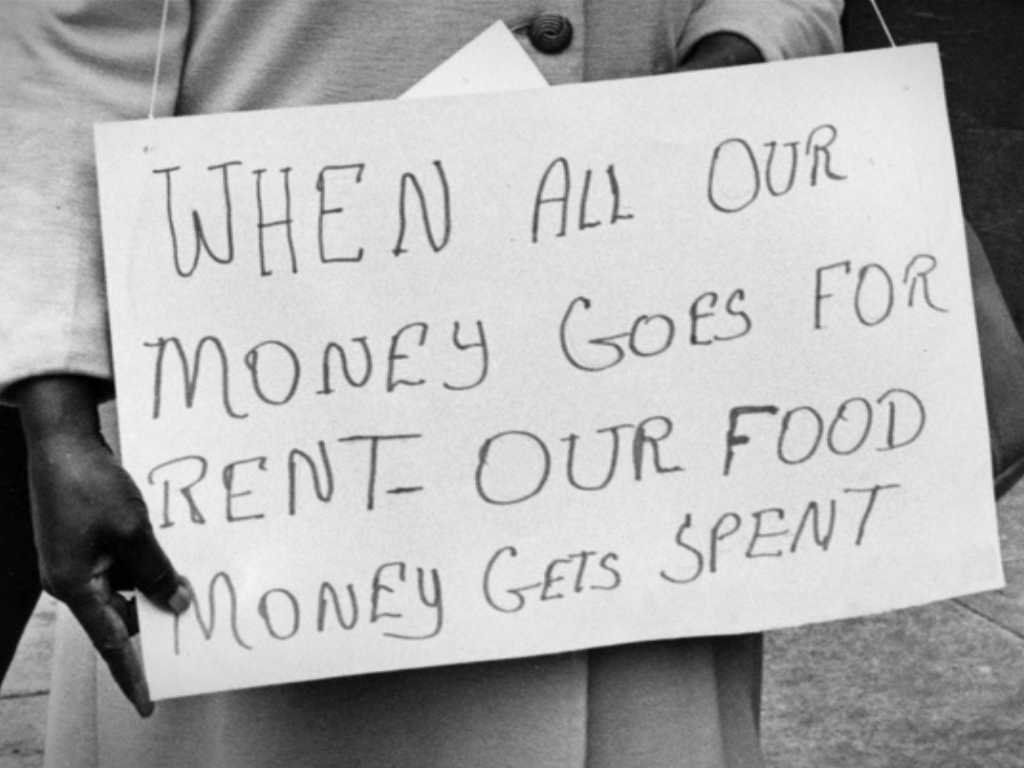Basic Income Earth Network - Switzerland
International
Business Insider: A Simple Solution To Ending Poverty
« Everyone's Talking About This Simple Solution To Ending Poverty By Just Giving People Free Money. »
This story on the universal basic income published the 12th of November on Business Insider was written by David Vinik, political reporter. Business Insider is a U.S. business and technology news website launched in February 2009, based in New York City, which draws millions of visitors.

Real wages have been stagnant in America for decades now and income inequality has grown immensely. In the aftermath of the Great Recession, it’s only gotten worse. The Census Bureau reported in September that the 15 percent of Americans (46.5 million) live below the poverty line.
« Real wages have been stagnant in America for decades now and income inequality has grown immensely.In the aftermath of the Great Recession, it’s only gotten worse. The Census Bureau reported in September that the 15 percent of Americans (46.5 million) live below the poverty line. Government benefits like food stamps and TANF help lift some of them above the line, but millions still live below it.
« Economists have long shuddered at the thought of a basic income, because it strongly disincentives work. However, a basic income is just that: basic. Most adults would continue to work to earn extra money. The employment effects would not be non-existent and there may be an increase in part-time work. As Lowrey points out, different studies have found the disincentive effects on work are not as strong as economists feared. »
Read full story on Business Insider. [+]
- Print node
- Login to post comments
- 44111 reads
Incitations écologiques ?
Et si cette initiative ou les suivantes étaient dotées de conditions écologiques. parce qu'au bout du compte le but est d'être durable? Et si certaines personnes s'empressent de transformer leur pécule en CO2 on a tous un plus gros problème, donc je me disais que une ou deux conditions pourraient être appliquées à cette initiative, comme :
[+]
- 3 comments
- Print node
- 38300 reads



